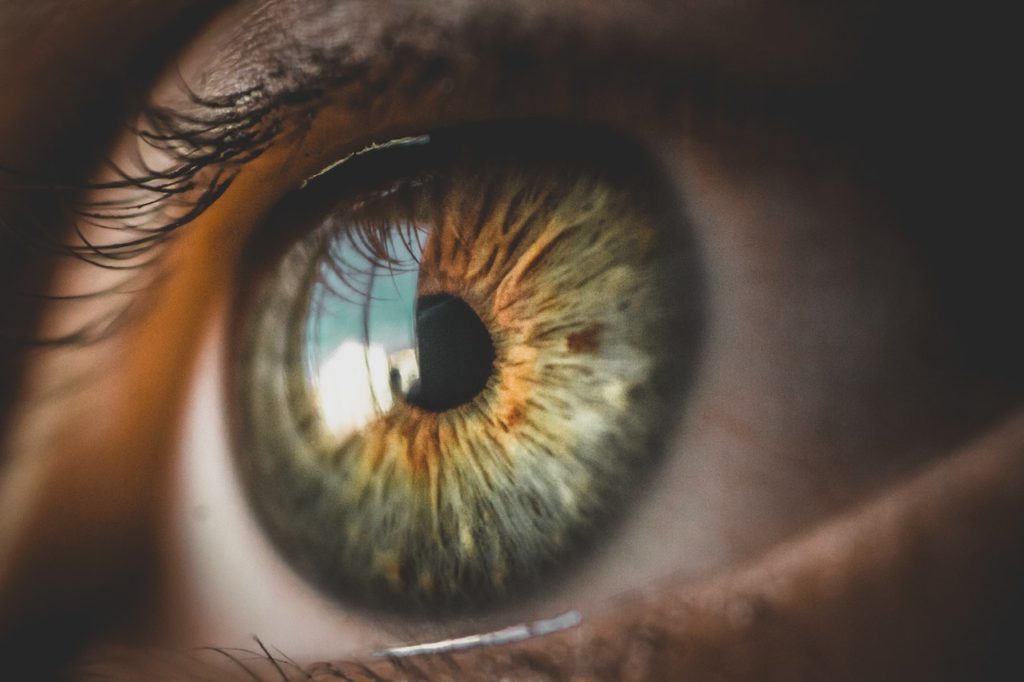
Dreams are one of the most fascinating yet integral parts of our lives. I am not talking about conscious dreams but the unconscious ones we all do while sleeping! Yes, all!
We spend approximately one-third of our lives sleeping, and that is the time we dream, whether we want to or not. There are several theories, researches, and assumptions made about dreams, yet much remains unknown about them.
Dreams can be romantic, fun, disturbing, bizarre, entertaining, frightening – you name it.
Everyone dreams, but the content and their effect on sleep vary from person to person. They are images, thoughts, feelings, and stories our brain unconsciously creates at all stages of sleep.
You may also read that consistent dreaming occurs during rapid eye movement or REM sleep. It is that stage of sleep when our brain is highly active, our eyes rush behind closed eyes, and we temporarily lose muscle tone.
And did you know that during REM sleep, we have less autonomic stability, and our heart rate also increases? Interesting!
Read on as I take you on a beautiful journey of “dreams” and answer some of the amusing questions you must be seeking answers to.
Dreams – Something You Know And Don’t Know
The length of our dreams varies and may last from a few seconds to 20 and 30 minutes. Sometimes we remember our dreams if we wake up at the REM stage of sleep.
Note: The scientific study of dreams is known as oneirology.
Some researchers suggest that we dream 4 to 6 times at night, and our dreams are related to childhood obsessions, memories, deep anxieties, or desires.
Below are a few characteristics of dreams which are not universal but standard in normal dreams:
- The content may be bizarre or even incoherent
- It has a first-person perspective
- The content consists of other people interacting with the dreamer and one another
- It occurs involuntarily and arouses strong emotions
- Apparent sensory impressions
- Uncritical acceptance of dream events
- Difficulty to remember
You might wonder whether dreams have some purpose or not. Some people even say that while we dream, our mind is creating simulation.
While there is a lot of controversy on this topic, some psychologists suggest that dreams give an insight into a person’s psyche or everyday life. Based on the existing evidence of dreams, it is hard to interpret whether a dream has a certain meaning or not.
Most dreams do not affect sleep, which is a healthy part of sleep.
However, nightmares are an exception.
People often get confused between “dreams” and “nightmares”. In terms of sleep medicine, a nightmare is a scary, threatening, or disturbing dream that compels the person to wake up.
They tend to occur late during REM sleep when the dreams are most vivid. They can be caused by various psychological factors such as anxiety, stress, sleep disorders, certain medication withdrawals, alcohol consumption, or mental health issues.
Did You Know? Nightmares often interfere with the person’s sleep causing mood swings, insufficient sleep, and impaired thinking during the daytime.
These nightmares can be problematic if they are too frequent, and one should consult a doctor. However, a healthy night regime can help combat nightmares.
According to scientists, men and women dream differently in terms of content. While the content of men’s dreams is more aggressive and includes physical activity and weapons, women’s dreams have rejection, exclusion, and conversation.
Women’s dreams are longer than men’s and have more characters of both sexes equally, while men dream about other men twice as often as women.
Note: Certain dreams are common across cultures. For example, falling from a great height, being chased or attacked, flying, being naked in public, unable to move, feeling frozen, etc.
But Why Do We Dream?
There are many theories and research on dreams, but no specific reason exists.
Some scientists say that dreams have no meaning, while others say that dreams are essential for our physical, emotional, and mental well-being. They help solve problems in our lives, process emotions and thoughts, and incorporate memories.
Some doctors suggest that dreams represent essential cognitive functioning. We often dream more during stress or anxiety.
According to some non-concrete claims, dreams serve the following functions.
- Prepare us for possible future threats
- Reprocess offline memories
- Help in developing cognitive capabilities
- Reflect unconscious mental function
- Dreams act as therapists
- They act as fight-or-flight training
7 Types Of Dreams

Yes, even dreams have types! And I bet none among you would have ever thought about this. We can experience a variety of dreams, from lucid dreams to vivid dreams.
Here are seven common types of dreams.
- Daydreams
Daydreams are a sequence of thoughts that take us away from the real world and make us less aware of what’s happening around us. Daydreaming occurs when we are awake.
It includes fantasy, visualization, escapism, dysphoria, and rumination.
- False-Awakening Dreams
They occur when the dreamer thinks they are awake from a sleep session but are still in the middle of a dream. They are a hybrid state that overlaps with sleep and the awakening state, also associated with sleep paralysis or lucid dreams.
- Healing Dreams
As the term indicates, healing dreams refer to dreams where the sleeper can heal others or has a power like telepathy. These dreams bring a sense of peace and balance to the unconscious mind.
- Lucid Dreams
It is a dream where the dreamer is aware that they are dreaming and can retain some control of their body and thoughts within the dream.
- Nightmares
Nightmares are bad dreams. They include dreams that are threatening, scary, or disturbing. The causes of nightmares are unhealthy eating habits, traumatic events, sleep disorders, medication withdrawal, alcohol consumption, illness, stress, and anxiety.
- Prophetic Dreams
These dreams let you see future events even before they happen in real life. Some believe these dreams are the subconscious, preparing you for future outcomes.
- Recurring Dreams
Recurring dreams are the ones we repeatedly experience during sleep sessions. They contain the same visuals and sensations. Scientists suggest that the reason behind recurring dreams is internalized fears or other unresolved issues.
Can Dreams Predict The FUTURE? If Yes, Are There Any Instances So Far?
Unfortunately, there is no scientific evidence available that proves that dreams can predict the future.
But there are types of dreams that may help predict the future, or they may come true.
For example, during a lucid dream, you know that you are aware that you are dreaming, so you might be able to control your dream.
The most common causes of dreams that come true are:
- Poor memory
- Coincidence
- Unconscious connection of information
- Also, sometimes dreams can inspire you to take action in specific ways, thus changing your future.
Are You Not Dreaming? These Might Be The Reasons!

We usually forget 95% of our dreams just after we wake up, yet we all dream.
They are an integral part of our sleep session, and it’s impossible not to dream. When you don’t dream, it means you don’t remember your dreams, but you did dream.
There is nothing abnormal about not remembering the dream.
When we don’t remember the dream, our sleep’s REM phase is disrupted. These disruptions can lead to poor sleep quality and prevent you from remembering your dreams while awake.
Here are a few reasons that prevent you from remembering your dreams.
- Inconsistent sleep schedule
- Lifestyle pattern
- Stress
- Mental health issue
- Illness
- Sleep disorders
You don’t have to worry if you cannot remember your dreams. But if the lack of dreams is frustrating, you can take medical help.
Below are a few tips to help you become a better dreamer.
- Journal your experience
- Wake up a little earlier
- Give yourself some time before you wake up
- Use affirmations
- Change your lifestyle
- Fix your sleep schedule
Do Animals Dream Like Us? Here’s The Answer!

Yes, animals do dream but have complex dreams and can retain long sequences of events while asleep.
The pattern of electrical activity in the animal’s brain during the REM stage is similar to humans. Thus, if these patterns suggest that humans are dreaming, then it might be possible that animals dream too. However, there is no scientific proof of it.
Closing Thoughts

Here you go. Dreams have always been a fascinating topic that has puzzled humans for ages. Though a lot of advancements in science have made us learn about the human brain and psychological activities, dreams are still a mystery for us.
However, we know that dreams occur in all four sleep cycle stages but are often recognized during the REM phase. We all dream, whether we remember it or not. Everyone dreams differently; however, certain dream themes are common for everyone.






























